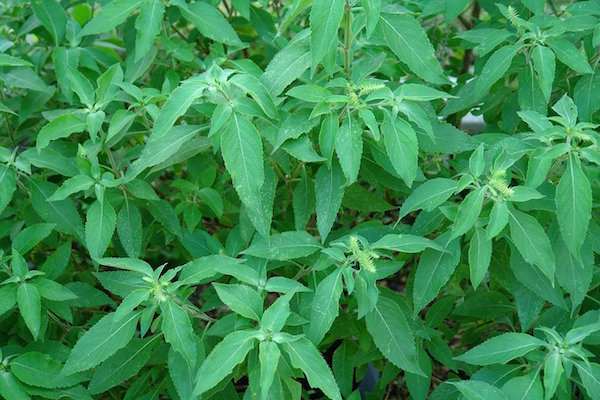In vivo evaluation of graded fresh leave extracts of vernonia amygdalina and ocimum gratissimum on some oxidative stress indicators in rats
Abstract
Background: Vernonia amygdalina and Ocimum gratissimum are widely used plants in the tropics. The leaves of these plants are popularly acclaimed to have medicinal values, with scarce information on the effect of graded extracts in mediating oxidative stress. The interest on these leaves derives from the need to have an insight to the possible effect of these graded leaves extracts may have on oxidative stress.
Objectives: The objective of the study was to examine the effect of graded extracts of Vernonia amygdalina and Ocimum gratissimum leaves specifically on free radical inhibition, reducing power and lipid peroxidation in rat liver and kidneys.
Methods: The leave samples were collected and air dried, homogenized and sieved to obtain particle sizes of ≤ 0.250mm. Aqueous and methanolic extracts of samples were obtained and used to assay for total alkaloid and phenolic contents, free radical scavenging activity, reducing power and the extent of lipid peroxidation in liver and kidneys were determined, using standard analytical assays.
Results: Phenolic contents of both leave extracts were higher in aqueous medium vernonia amygdalina (0.85 ± 0.07mgGAE/g) and Ocimum gratissimum (1.59 ± 0.13mgGAE/g). The alkaloid contents of the leaves were higher in methanolic extracts, with Ocimum gratissimum highest (0.96 ± 0.04µg/g) and vernonia amygdalina (0.38 ± 0.01µg/g). The reducing power of these leaves increased with increasing extract concentrations. Ocimum gratissimum had the highest reducing power in both methanolic (3.00 O.D) and aqueous (2.82 O.D) medium in comparison with respective butylatedhydroxytoluene (BHT) (2.49 O.D) and ascorbic acid (2.16 O.D) controls. The ability to scavenge free radicals increased with increasing extract concentrations in both leaves with highest percentages in aqueous extracts. Ocimum gratissimum (95.90%) and vernonia amygdalina (98.80%) compared to control (100%). The leave extracts of both plants significantly (p<0.05) increased lipid peroxidations in liver and kidneys of rats.
Conclusion: Fresh leaves of Ocimum gratissimum and vernonia amygdalina have shown potentials to be valuable in reducing powers and free radical quenching.

Downloads
Published
Issue
Section
License
Copyright The Author(s) 2017. This article is published with open access by BioMedPress. This article is distributed under the terms of the Creative Commons Attribution License (CC-BY 4.0) which permits any use, distribution, and reproduction in any medium, provided the original author(s) and the source are credited.
